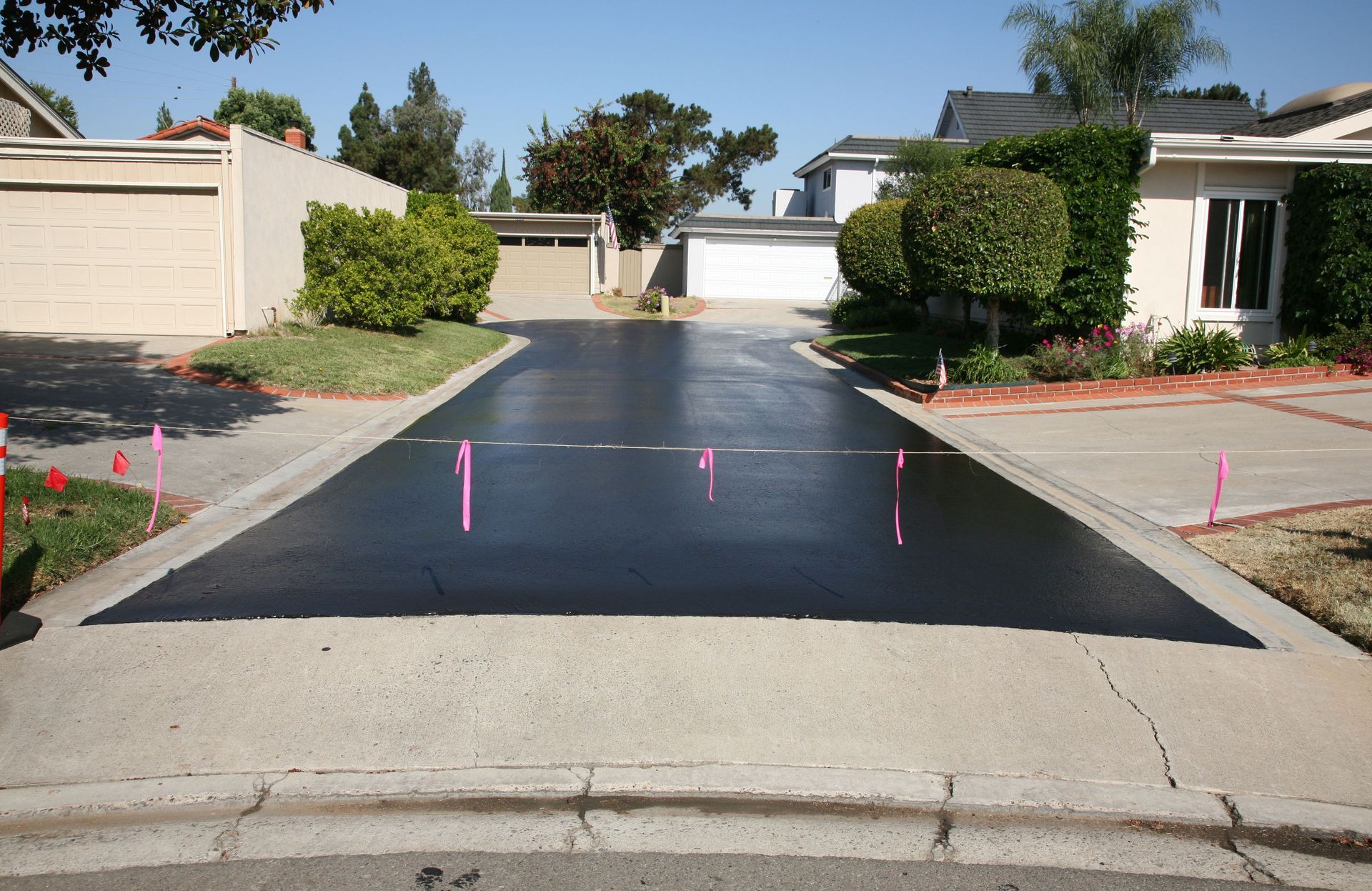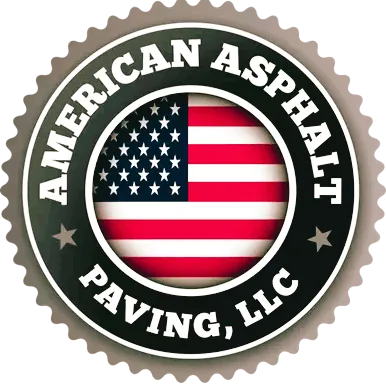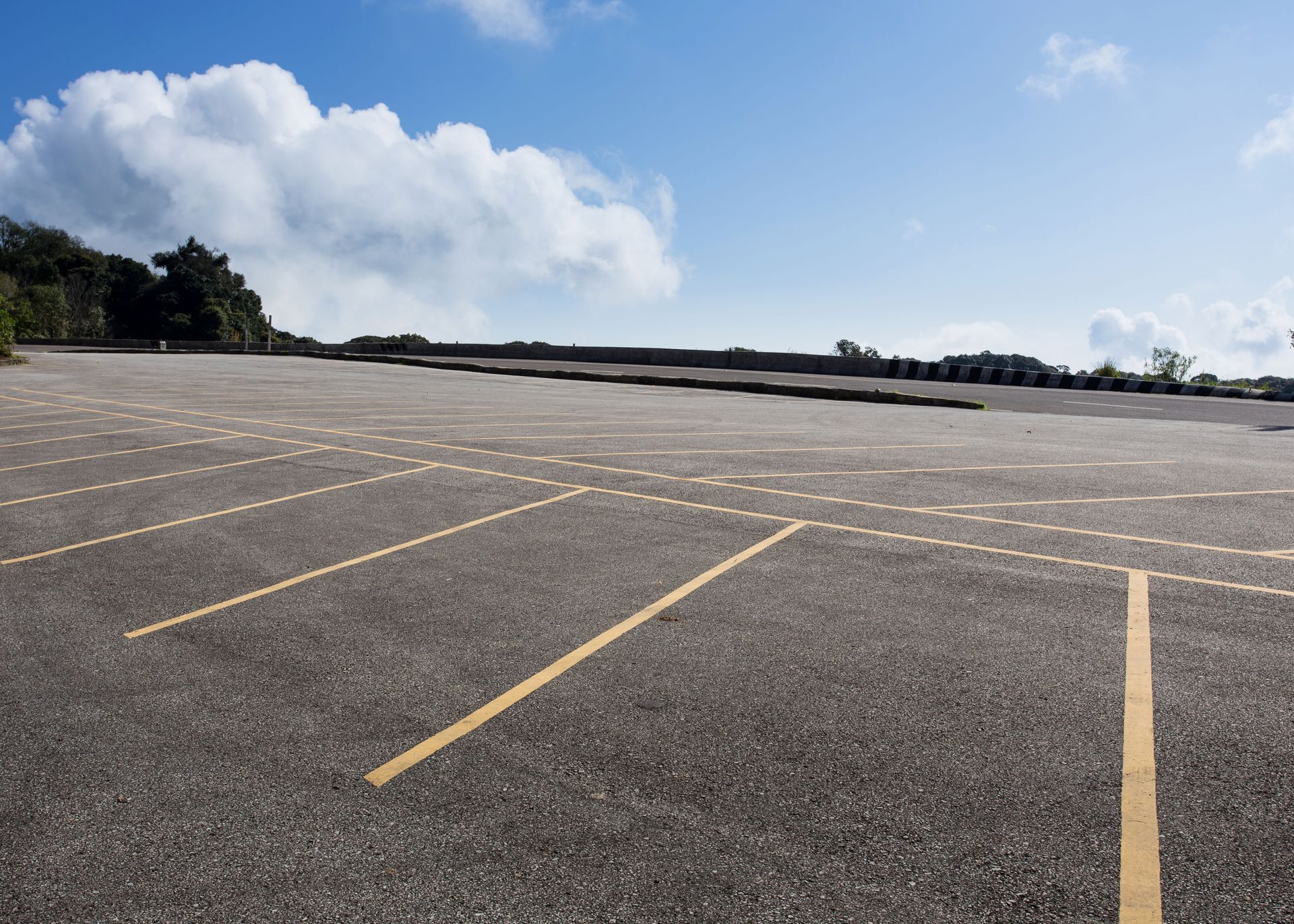October 28, 2025
Paving companies play a vital role in maintaining and extending the life of asphalt surfaces through services like sealcoating. Sealcoating is a critical maintenance procedure that protects asphalt from damage caused by weather, UV rays, and everyday wear and tear. By applying a protective layer, pavers help prevent cracks, potholes, and deterioration, ultimately saving property owners costly repairs in the long run. Beyond preservation, sealcoating also enhances the appearance of pavement, adding value to commercial and residential properties. Understanding the process and benefits of sealcoating highlights why hiring experienced pavers is essential for effective pavement management.
Explaining the Basics of Sealcoating
Paving companies provide sealcoating services to protect asphalt pavements from environmental damage and everyday wear. This protective layer helps guard against UV rays, water, and chemical exposure, preventing deterioration over time. By sealing minor cracks and imperfections, pavers extend the lifespan of asphalt while reducing oxidation and water penetration. In addition to preservation, sealcoating restores the rich, black appearance of pavement, enhancing both its functionality and visual appeal.
Asphalt is a durable and widely used material for pavements, but it is susceptible to damage from various environmental factors. Over time, exposure to the sun’s UV rays can cause the asphalt to undergo oxidation, leading to a graying and brittle surface. Water, especially when it seeps into cracks and freezes, can also wreak havoc by expanding and causing further damage. Oil and chemical spills from vehicles additionally contribute to the deterioration of asphalt surfaces. These vulnerabilities highlight the need for regular maintenance and protective measures like sealcoating to prevent extensive damage and costly repairs.
Sealcoating works by applying a protective sealant over the top layer of the asphalt, which acts as a shield against damaging elements. The sealcoat contains fine aggregates and additives that fill in the small voids on the surface, providing a smooth and even finish. It also enhances the adhesive properties of the asphalt, thereby improving skid resistance and ensuring safer driving conditions. The airtight barrier created by the sealcoat prevents moisture and chemicals from penetrating the asphalt, mitigating the risk of cracks and damage. As a result, sealcoated pavements not only last longer but also require less frequent repairs.
Highlighting the Benefits of Sealcoating
The protective layer provided by sealcoating acts as a sunblock for asphalt surfaces. UV radiation is a significant factor in the oxidation process that causes asphalt to become brittle and lose its elasticity. Sealcoating minimizes the impact of UV rays, reducing the rate of oxidation and slowing down degradation. This protection not only preserves the surface integrity but also retains the rich, dark appearance of new asphalt. Consistent sealcoating ensures that the pavement remains flexible and durable, preventing early wear and maintaining its aesthetic appeal.
Paving companies play a crucial role in applying sealcoating to protect asphalt surfaces from damage caused by oil and chemical spills. Driveways and parking lots are particularly vulnerable to vehicular oils and other substances that can deteriorate the pavement over time. The chemical-resistant properties of sealcoat, applied by professional pavers, prevent these substances from penetrating and weakening the asphalt. By providing this protective barrier, sealcoating extends the lifespan of the pavement and reduces the risk of costly repairs. Regular application by experienced pavers ensures that asphalt surfaces remain shielded from routine spills and environmental contaminants.
Sealcoating significantly extends the lifespan of asphalt surfaces, serving as a critical maintenance measure. By shielding the pavement from weathering and chemical exposure, sealcoating reduces the frequency of repairs and replacement. This proactive approach in maintaining asphalt ensures that minor issues do not escalate into major problems that require substantial repair costs. According to Today's Homeowner, a new asphalt driveway can provide a 100% return on investment, further underscoring the value of preserving the quality and longevity of asphalt pavements. Consistently sealcoating boosts durability and maximizes the value return from asphalt investments.
Outlining the Sealcoating Process Step-by-Step
Paving companies emphasize that proper preparation of the asphalt surface is a crucial first step in the sealcoating process. This preparation includes thoroughly cleaning the pavement to remove dirt, debris, and stains that could prevent the sealcoat from adhering properly. Paving companies often use power washing and specialized cleaners for oil spots to ensure the surface is fully ready for treatment. Additionally, repairing any existing cracks or potholes before applying the sealcoat guarantees a smooth and durable finish. By prioritizing surface preparation, pavers set the foundation for a successful sealcoating application that provides long-lasting protection and a uniform appearance.
Selecting the right sealcoating materials involves considering the unique needs of the pavement and environmental conditions. Different types of sealers, including coal tar-based, asphalt-based, and acrylic-based options, offer various protective properties. The choice of sealer should align with the desired resistance to elements like UV rays, water, and vehicle fluids. Seeking guidance from professionals can assist in identifying the best materials for specific conditions and expected traffic loads. The choice of high-quality materials is critical to achieving a durable and effective sealcoat application.
Effective application techniques are essential for achieving optimal results from sealcoating. The sealcoat should be applied using either a brush, squeegee, or spray method, each offering different advantages based on the size and type of the asphalt surface. Uniform application is key to ensuring a consistent protective layer, avoiding patches or missed areas. Two coats are typically recommended for the best coverage and durability, with the first coat serving as a primer and the second as a finishing layer. Mastery of application techniques ensures that the sealcoat effectively adheres to the surface and provides the intended protection.
Identifying Common Sealcoating Mistakes
One common mistake in sealcoating is applying either too much or too little product, both of which can impact the effectiveness of the application. Over-application can lead to a soft surface that takes longer to cure and is more susceptible to damage. Conversely, applying too little sealcoat may provide inadequate protection, leading to premature wear and exposure to the elements. Achieving the right balance is crucial to ensuring the long-term performance of the asphalt. Proper preparation and adherence to manufacturer guidelines help prevent these common errors and optimize sealcoating efficiency.
Paving companies stress that sealcoating is most effective when the asphalt surface is properly repaired beforehand. Neglecting cracks and potholes prior to applying sealcoat can allow water to penetrate, accelerating pavement deterioration. Paving companies recommend cleaning and filling all cracks with appropriate crack filler to achieve a smooth, even surface before sealing. This proactive repair approach not only extends the life of the sealcoat but also enhances the overall appearance and structural integrity of the asphalt. Skipping these essential repairs undermines the protective benefits of sealcoating and increases the likelihood of future damage.
Adherence to manufacturer guidelines is essential for achieving the desired results from sealcoating. Each sealcoat product may have specific instructions regarding application thickness, drying times, and recoat intervals. Ignoring these recommendations can lead to issues such as uneven coverage, inadequate protection, and reduced longevity of the sealcoat. Careful attention to the product specifications ensures the effectiveness of the sealcoat and maximizes its protective properties.
Hiring experienced pavers ensures that asphalt surfaces receive professional sealcoating with long-lasting benefits. These companies not only protect pavements from environmental damage and chemical exposure but also enhance their appearance and functionality. By relying on paving companies, property owners can prevent costly repairs and extend the lifespan of their asphalt investments. For reliable asphalt work, contact American Asphalt Paving, LLC to request more information.






